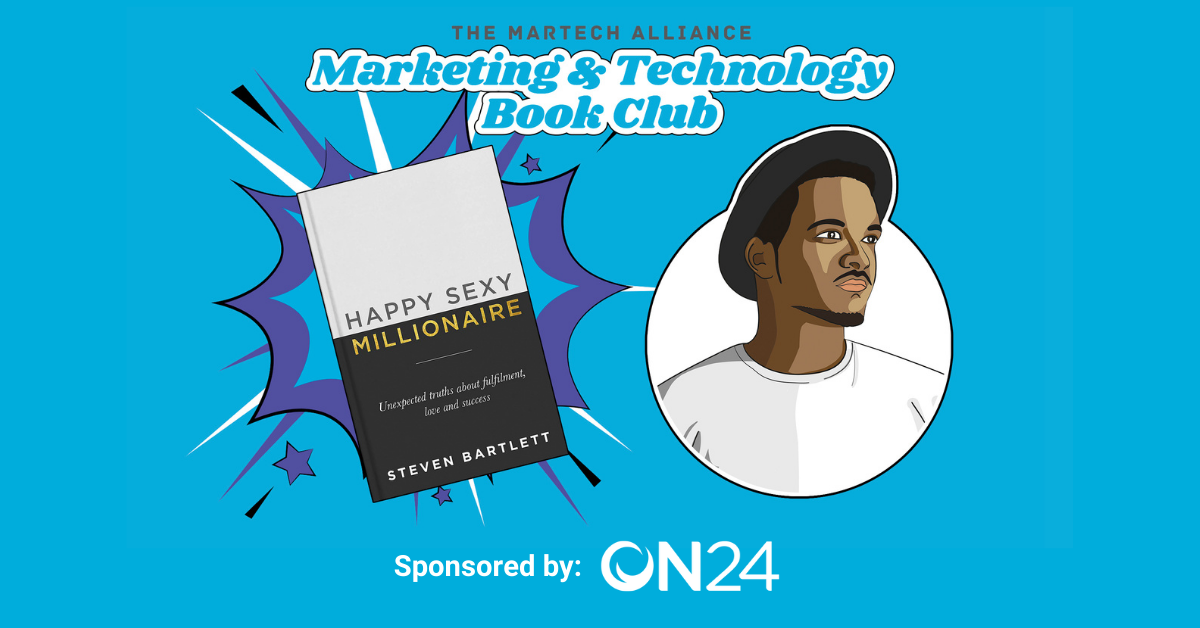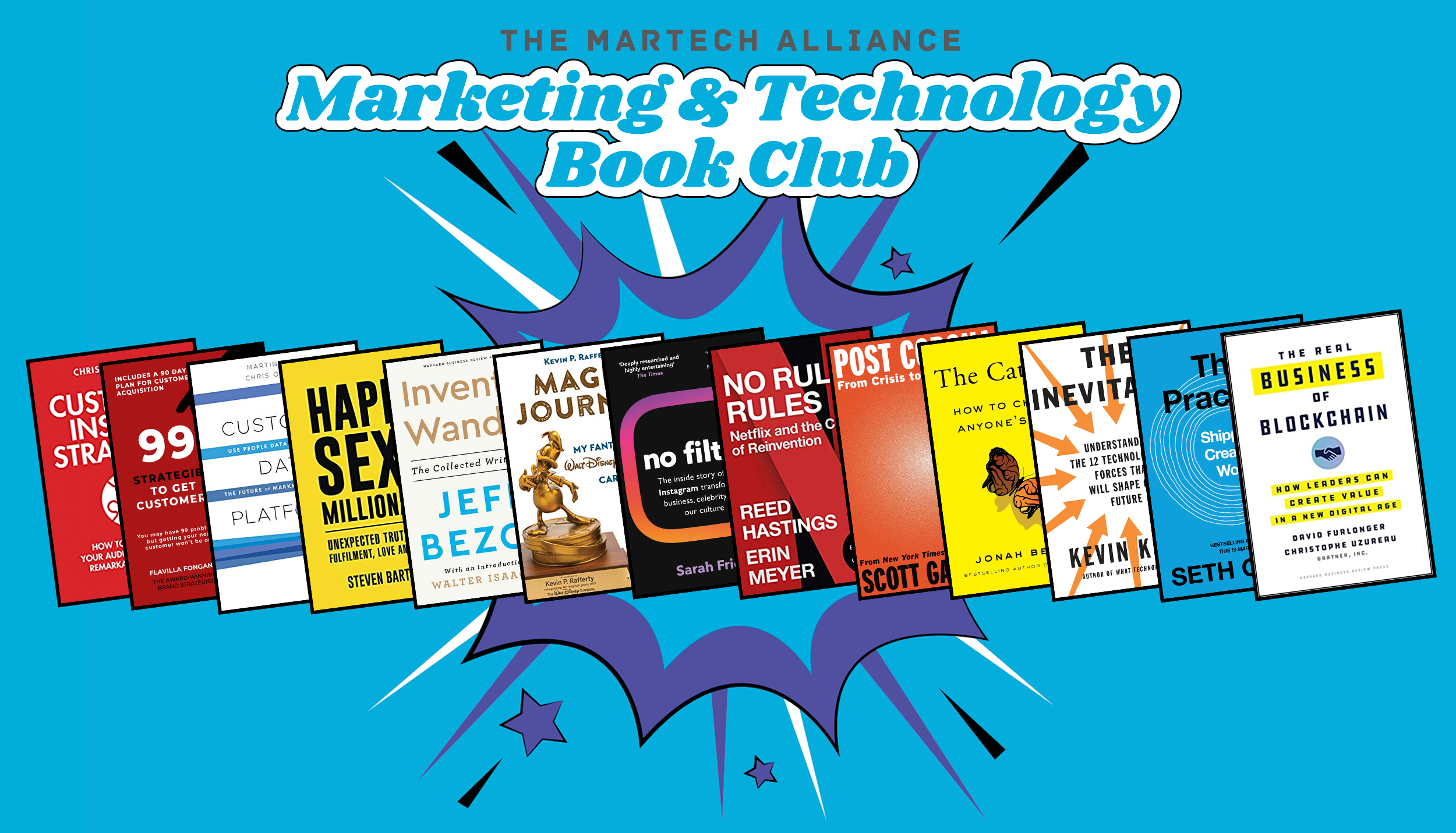
“As an 18-year-old, black, broke, lonely, insecure, university drop-out, from a bankrupt family, I wrote in my diary that I wanted to be a 'Happy Sexy Millionaire' by the age of 25.
By 25 I was a multi-millionaire having created a business worth over $300m dollars.”
But for Steven Bartlett, this didn’t leave him happy and/or sexy. The world had lied to him. If he was at this point, the heights of material success, and didn’t feel the fulfilment and love promised to him by the world, what did all this mean? Was it time to redefine what really mattered?
“We are losing ourselves. We're chasing the wrong things, asking the wrong questions, and polluting our minds. It's time to stop, it's time to resist and it's time to rethink the fundamental social blueprint that our lives are built upon.”
Steven Bartlett has a unique story to tell. He’s part of a new generation of CEOs, no longer the white-shirt cladded, Mad men-esque fat cats of the past.
In fact, Steve is well known for being actively against this perception of success. As the youngest dragon ever join the BBC series Dragon’s Den, he told the BBC that he doesn't intend to wear a suit when he appears on the show.
So, at first glance, Steven has it all. He has the inspiring backstory, the one that self-help books strive for. Some background: Bartlett was born in Botswana and many years later, found himself as a university dropout working from his bedroom in Manchester.
It was in this bedroom that the then 22-year-old put his creative knowhow to the test and ended up creating Social Chain and Media Chain; companies that would grow to become some of the largest ever in their field.
As a result. Steven has seen both sides of the coin; he’s been rich, and poor, struggling and ‘thriving’. Through this he’s found that money, excuse the cliché, doesn’t buy happiness.
It has been said that there exists a money threshold, where people earning over 75K a year don’t receive and increase in happiness related to wealth from that point onwards. In fact, the ambition to earn more and more, can lead to unhappiness.
In Steven’s view, this need to strive for an unending sense of success is imposed by society, and can be damaging. In fact, Steven says:
“Society is the one telling you you are not enough forcing you to seek happiness when you already have it within you and you are enough”.
It's like running a race, reaching the finish line, and finding it's been pushed forward another few miles. And then this happening again. And again.
Steven has a incredibly millennial view on success. No, I don’t mean the disparaging “oh he’s eating avocado toast everyday” dismissal of millennials. It’s more a case of millennials having been promised a world which runs on automation, on success, on constant available connection, on technology which makes our lives comfortable, on a future better than the generations before.
But even at the level of success he had found, Steven still feels that millennial emptiness. So, where does the happiness come from, if not through cars, bank balances, job titles, or accomplishments? If the perimeters of happiness have changed, the perimeters of success must too.
In fact, as suggested by Matt Swain, the title can be read in two ways: “This book is actually about fulfilment (happy), love (sexy) and success (millionaire).”
Everything is different for the current generation, so the perceptions of these three life achievements must also be different.
“Maybe you’ve always been happy, but the world, social media and external comparisons have convinced you that you can’t possibly be.”
No-one is born believing they’re not enough. Steven tries to look where this comes from, where the crisis of meaning has started. What is the mental and emotional cost of social media? Of entertainment? Is the decision to follow influencers an act of self-destruction, if you know that no-one, not even the influencers themselves, can reach that level of perfection?
Steven encourages his reader to think about how social media has affected them: “Social media has made ‘perfect’ look normal so now ‘good’ has become disposable.”
The answer? “The only worthwhile comparison is YOU yesterday vs YOU today. If you want to be happy, you have to focus on that.”
"You are not what happened to you. You are how you choose to handle it."
If you want a copy - and you should - you can get yours from our Marketing Book Club list here.
Enjoy!

